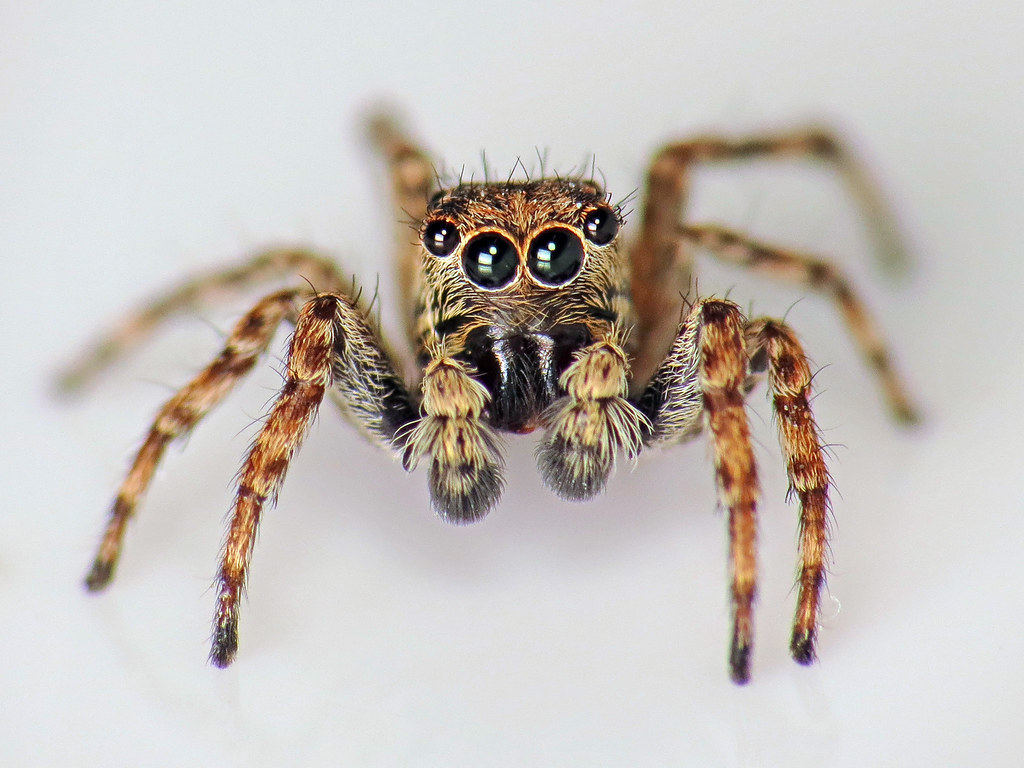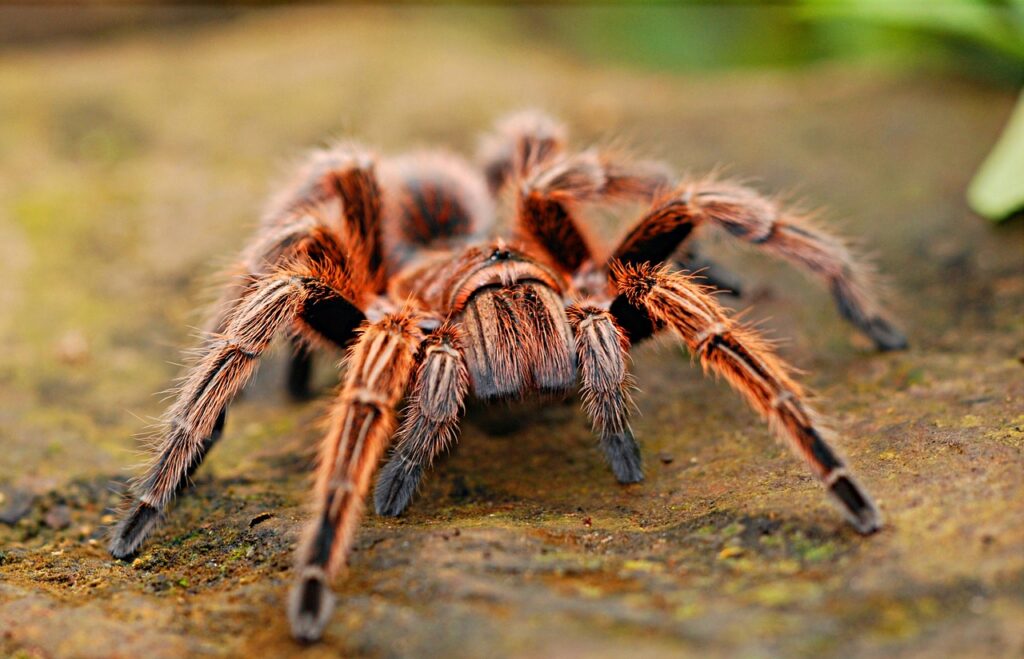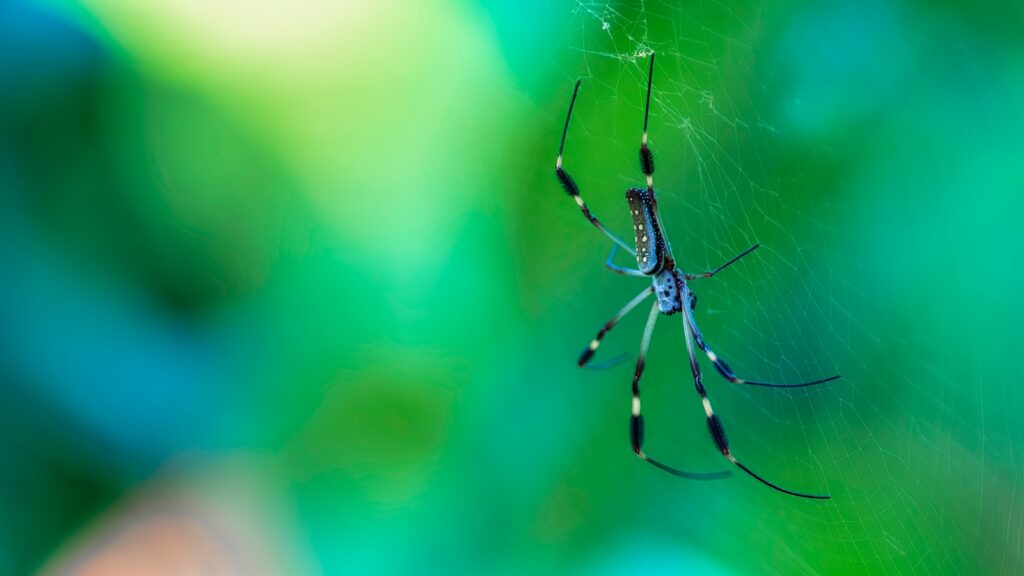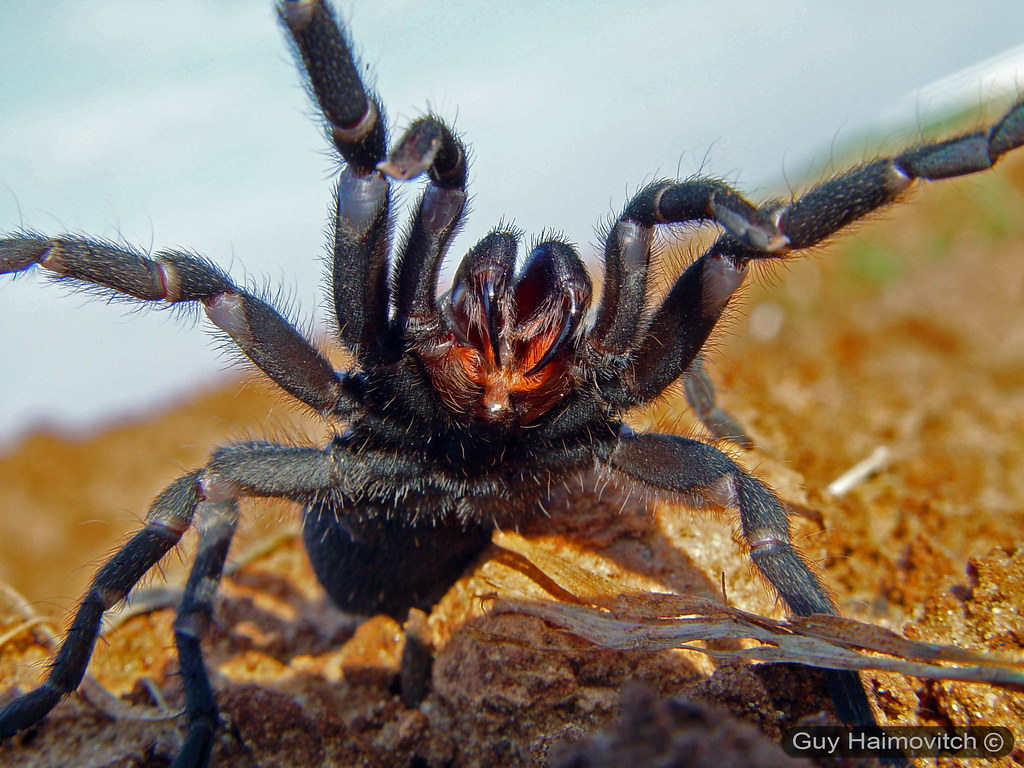The Longest-Living Non-Venomous Spider Ever Recorded
In the vast realm of arachnology, where eight-legged creatures have both fascinated and frightened humans for centuries, one remarkable individual stands out not for its size, venom, or web-spinning skills, but for its incredible longevity. Number 16, a female trapdoor spider from Australia, holds the distinguished title of being the longest-living non-venomous spider ever documented ...




